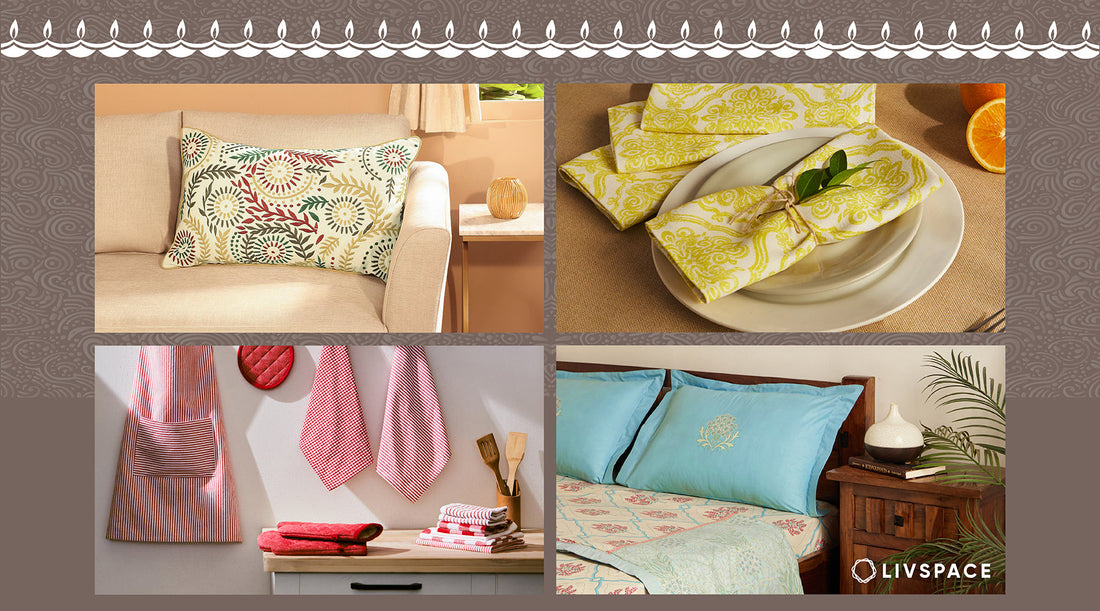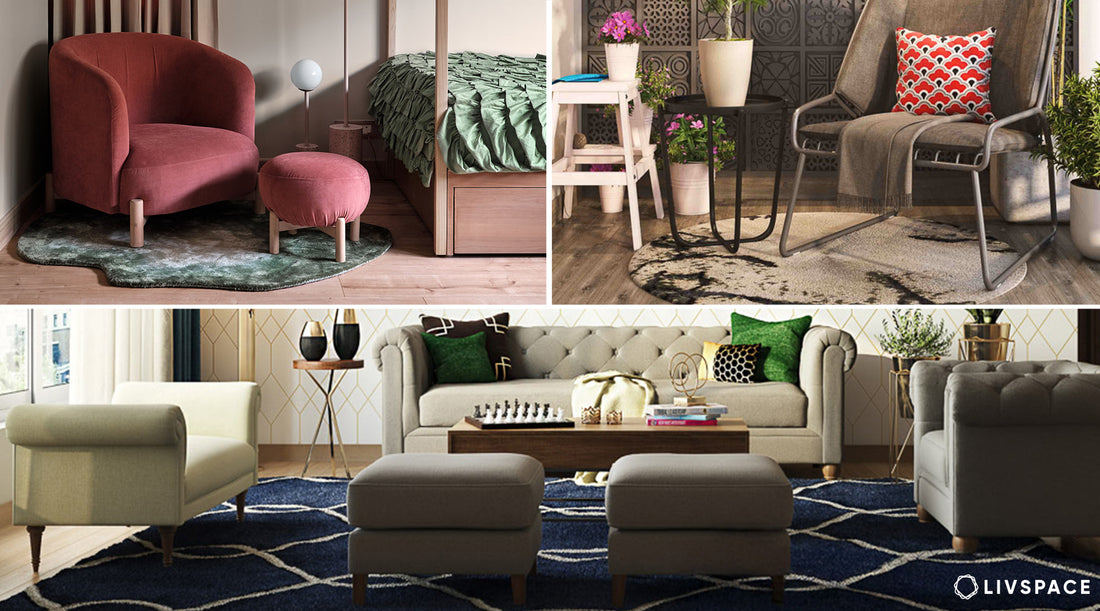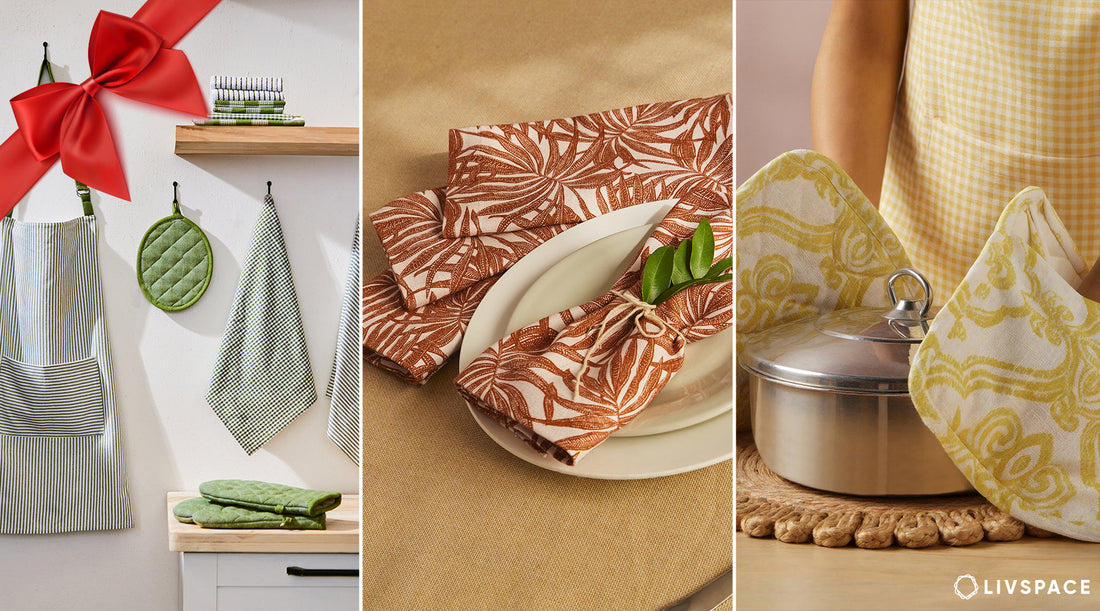There's something profoundly civilised about stepping out of a hot shower and being embraced by a towel that actually knows what it's doing. Not the threadbare specimen that's been lurking in your linen closet since college, mind you, but a proper towel—one that understands its job is to cocoon you in softness while efficiently whisking away every drop of water from your person. Bath linen, you see, is not merely functional. It's the difference between emerging from your bathroom feeling like a drowned rat and gliding out like you've just emerged from a Roman bathhouse. It's about creating those small, daily luxuries that remind you that you are, in fact, worth the good stuff.
What exactly is bath linen, and why should you care?
Bath linen is the collective term for all those textile warriors that make your bathroom experience bearable—or better yet, delightful. We're talking towels of various sizes, robes that make you feel like royalty, bath mats that cushion your feet, and those clever little hair wraps that save you from looking like Medusa post-shower.
But here's the thing: not all bath linen is created equal. The difference between cheap and quality bath textiles is the difference between a grudging pat-down and an actual embrace. Good bath linen absorbs water with enthusiasm rather than just pushing it around your skin.
What are the different types of bath linen?
Bath towels
A proper bath towel should be absorbent enough to dry you thoroughly without requiring a second towel as backup, soft enough that you don't feel like you're being exfoliated against your will, and substantial enough to make you feel properly swaddled. The secret lies in the construction. Terry towels, with their characteristic loops, create surface area for maximum absorption.
Hand towels
Often overlooked, hand towels are an essential item. They're there for quick face washes, hand drying, and those moments when you need just a bit of absorbency without deploying the full artillery of a bath towel. A good hand towel should be substantial enough to actually dry things but not so bulky that it takes over your towel rack like an overgrown houseplant.
Face towels
Face towels might seem like the bathroom equivalent of a cocktail napkin, but they serve a crucial purpose. Your facial skin is more delicate than the rest of you, and it deserves a towel that's been crafted with this sensitivity in mind. The best face towels are soft enough for daily use yet absorbent enough to actually remove water and skincare products without requiring you to rub your face raw.
Bathrobes
A good bathrobe extends the luxury of your bath beyond the confines of the bathroom. It's the bridge between your wet, vulnerable post-shower self and your fully clothed, ready-to-face-the-world self. The best robes are absorbent enough to finish the job your towel started, comfortable enough to lounge in, and substantial enough to make you feel properly covered.
Hair wraps
Let's talk about hair wraps—those clever little inventions that solve the age-old problem of what to do with your soaking wet hair while you go about the business of getting dressed.
It is designed to absorb moisture from your hair without the weight and bulk of a full towel precariously balanced on your head like a terry cloth turban.
What makes bath linen luxurious?
- Thread count: Higher isn't always better, but it's a useful indicator. Towels with thread counts between 400-600 tend to offer the sweet spot of absorbency and durability. Go too low, and you're dealing with something that feels like burlap. Go too high, and you might sacrifice absorbency for softness.
- Cotton quality: All cotton is not created equal. Egyptian cotton, Pima cotton, and organic cotton each bring their own characteristics to the table. What matters most is that the cotton is 100% cotton
- Construction: Zero-twist cotton creates towels that are impossibly soft and highly absorbent, as the cotton fibers aren't twisted together as tightly during manufacturing. Waffle weave towels offer excellent absorbency with quicker drying times.
How do I choose the right bath towel?
Consider your climate
Humid environments call for quick-drying options like waffle weaves, while drier climates can handle the luxury of heavier terry weaves. Your local weather patterns should inform your textile choices more than you might think.
Think about your routine
Do you prefer long, luxurious soaks followed by equally leisurely drying sessions? Heavy, plush towels are your friends. Are you more of a quick-shower-and-go type? Lightweight, quick-dry options will serve you better.
Quality indicators to look for
OekoTex certification ensures your towels are free from harmful chemicals—important when you're rubbing these things all over your clean skin. Look for towels that feel substantial in your hands, with loops that are intact and evenly distributed. Avoid towels that feel either too stiff (they'll likely never soften properly) or too flimsy (they won't last through regular washing).
What should I look for in a bathrobe?
A good bathrobe should feel like a warm embrace after every shower. Look for robes made from 100% cotton with a thread count between 280-360 for the perfect balance of softness and durability. The fit matters enormously—you want something roomy enough to feel comfortable but not so oversized that you're swimming in fabric. Consider the weight: terry robes offer maximum absorbency and that luxurious spa feeling, while waffle weaves are lighter and quick-drying, perfect for warmer climates.
Why use a hair wrap instead of a regular towel?
Image Credit: Pinterest @nayasplace
Your hair deserves better than being twisted into a precarious towel turban that threatens to topple at any moment. Hair wraps are specifically designed for the job—they're lightweight enough not to strain your neck, absorbent enough to actually remove moisture, and sized perfectly to stay secure without constant readjustment. Unlike regular towels that can be too heavy and bulky, hair wraps reduce drying time without the weight, making them especially useful for those with thick or long hair. They're also travel-friendly, taking up minimal space in your luggage.
How often should I replace my bath linen?
Bath towels should be replaced every 2-3 years with regular use, though this depends on quality and care. You'll know it's time when towels lose their absorbency, develop a persistent musty smell despite proper washing, or become rough and scratchy. Hand and face towels, being used more frequently, might need replacing slightly sooner. Bath robes typically last 3-5 years if cared for properly. Hair wraps, being lighter weight, usually need replacing every 1-2 years. Quality pieces will maintain their performance longer, making the initial investment worthwhile.
Caring for your bath linen
Proper care extends your bath linen's life and maintains its performance. Always wash new items before first use to remove manufacturing residues and maximize absorbency. Machine wash warm on gentle cycle, separating dark colors to prevent bleeding. Skip the fabric softener—it actually reduces absorbency by coating fibers. Use the right amount of detergent; too much leaves residue that attracts dirt and creates odors. Tumble dry on low heat or air dry when possible. Avoid bleach unless absolutely necessary, as it weakens fibers over time. Store completely dry towels in a well-ventilated area. For robes, hang them properly to maintain shape.
FAQs:
Why do my towels smell musty even after washing?
Musty smells usually indicate towels aren't drying completely between uses or are stored while damp. This can also happen from detergent buildup—try washing with white vinegar to strip residue. Overloading your washing machine prevents proper cleaning, and using too much fabric softener creates a coating that traps odors. Front-loading washers are particularly prone to this if the door seal isn't cleaned regularly. Sometimes the issue is your washing machine itself—run a cleaning cycle monthly. If towels still smell after addressing these issues, they may have reached the end of their useful life and need replacing.
Are expensive towels really worth it?
Quality bath linen is genuinely worth the investment. Expensive towels typically use better cotton, superior construction, and more durable manufacturing processes. They absorb water more effectively, feel softer against skin, and maintain their performance longer. A good towel will outlast several cheap ones while providing daily luxury. However, price alone doesn't guarantee quality—look for specific features like thread count, cotton type, and construction method. The cost per use over several years makes quality towels economical. Plus, there's genuine value in the daily pleasure of using something that actually works well and feels good.
How many towels do I actually need?
The practical minimum is two complete sets per person—one in use, one in the wash. However, comfort suggests three sets: one in use, one clean and ready, one being washed. For a complete set, consider: 2-3 bath towels, 2-3 hand towels, 2-3 face towels per person. Add guest towels if you entertain frequently. Hair wraps need 2-3 per person who uses them. Bath robes typically need just one per person, though a lighter backup for warmer weather is nice. Quality matters more than quantity—better to have fewer excellent towels than many mediocre ones that don't perform well.





